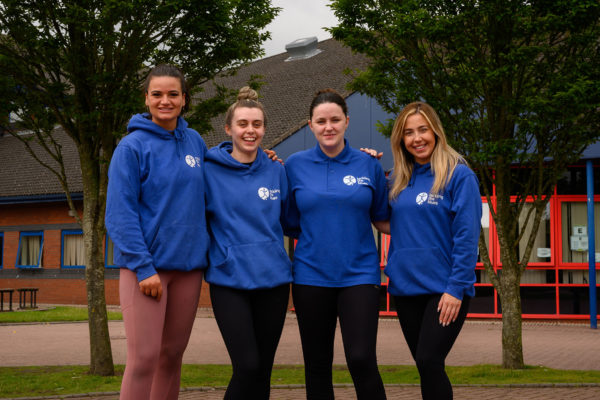The knowledge exchange framework (KEF) is concerned with the collaborations between higher education institutions (HEIs) and external partners (ranging from businesses to community groups) and the wider activities that take place for economic and societal benefit (Research England, 2021). The Knowledge Exchange Concordat (KE Concordat) was designed to aid HEIs in their development and enhancement of KE activities, and Edge Hill University is a signatory of the Concordat.
Central to the KEF is the expectation that HEIs will work with businesses and the wider community for various purposes, including the development of highly skilled students and graduates who contribute to wider social, cultural and economic outcomes. To do this, it is important that HEIs and their external partner organisations provide students with opportunities to gain ‘real world’ experience of the workplace and of working in partnership on KE activities.
Knowledge exchange impact and community partners
Mark Allanson, Pro Vice-Chancellor (External Relations), Edge Hill University
Between September 2020 and September 2022, Tackling the Blues was funded to engage students in KE through a focus on the promotion of mental health through sport and the arts, and by a transferable student-focused model of KE in a partnership between Edge Hill University, EitC and Tate Liverpool.
The project aims during the funded period were:
• To provide new evidence on innovative ways of engaging students in KE through an expanded programme of work which focuses on the promotion of mental health through sport and the arts in education.
• To provide opportunities for students to become involved in KE activities which improve their knowledge, understanding and experiences of mental health in education in local communities through the partnership with EitC and Tate Liverpool.
• To develop a transferable student-focused model of KE which can be implemented and scaled up in other HE institutions.To contribute positively to the Liverpool City Region and Lancashire agenda of improving the mental health and wellbeing of children and young people.



